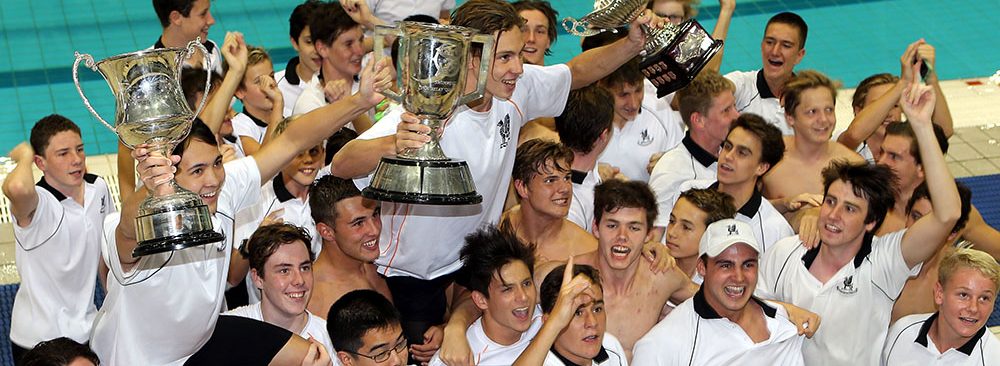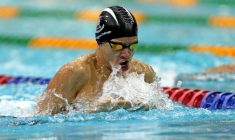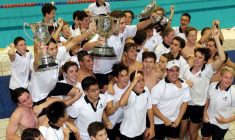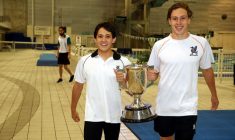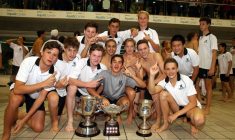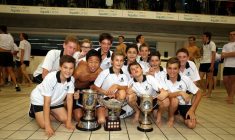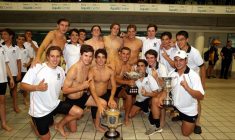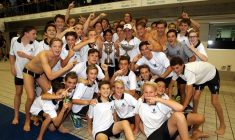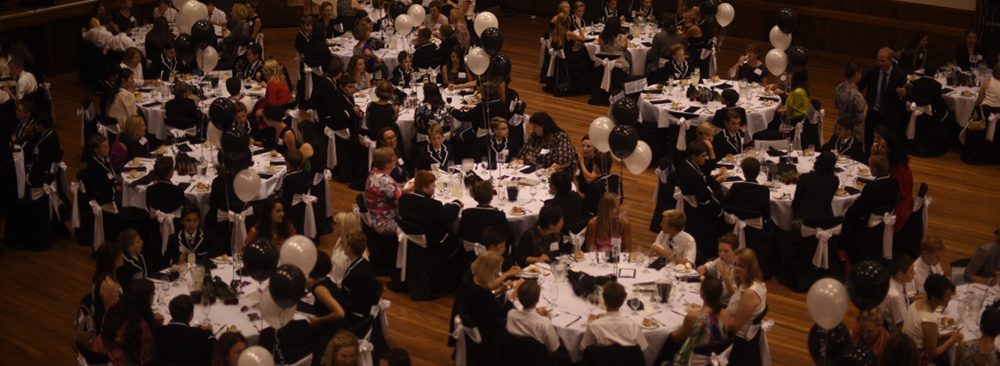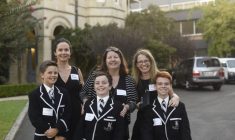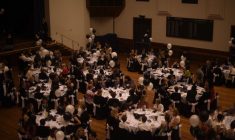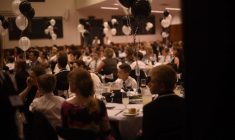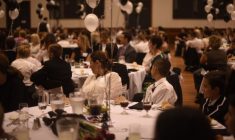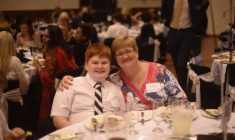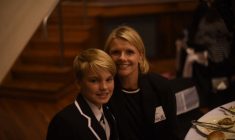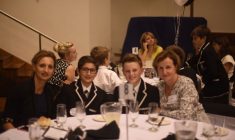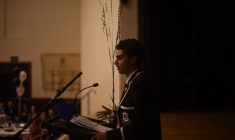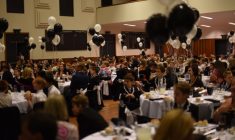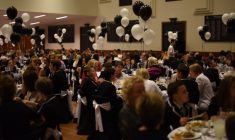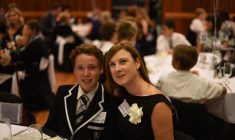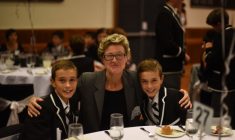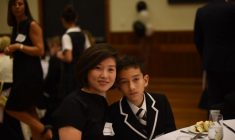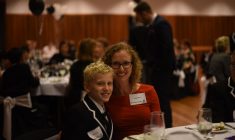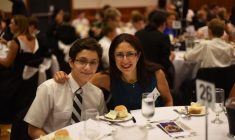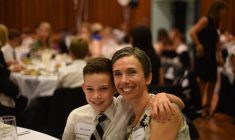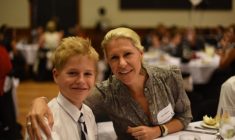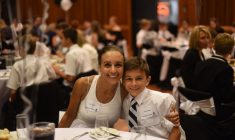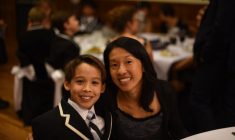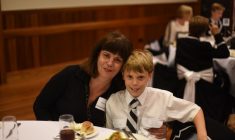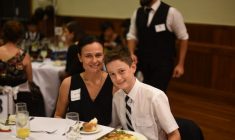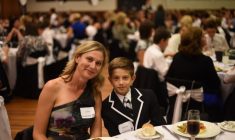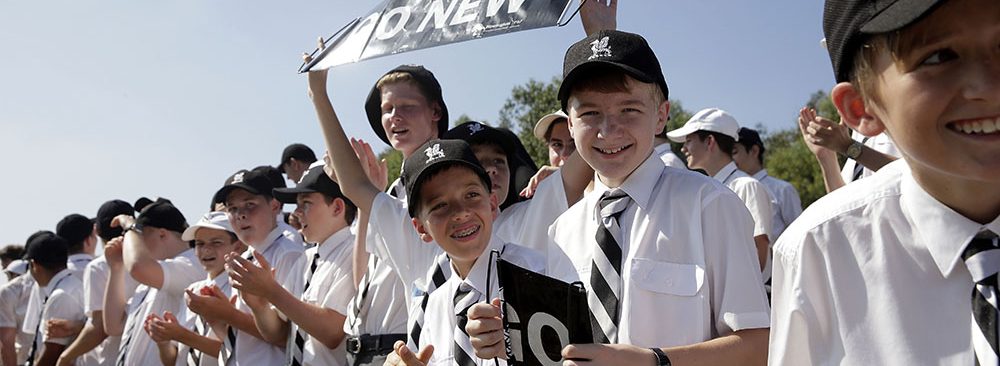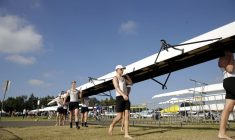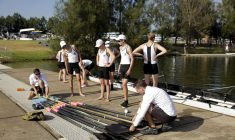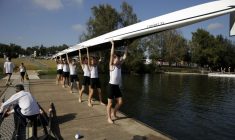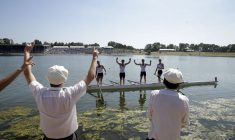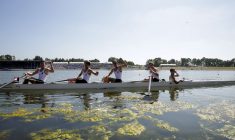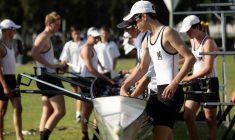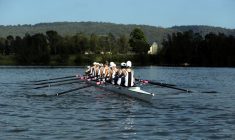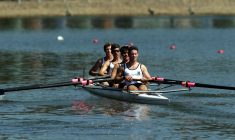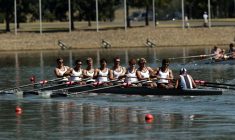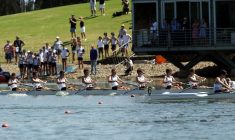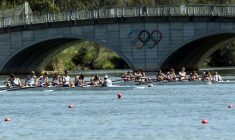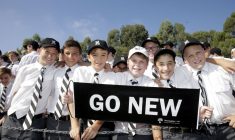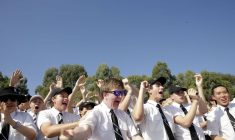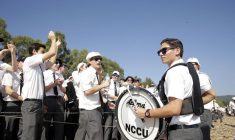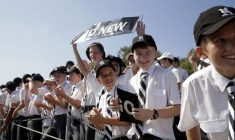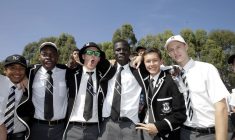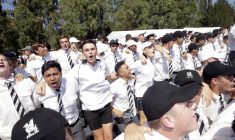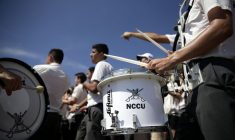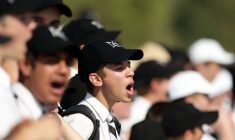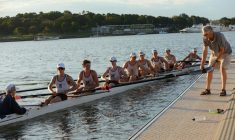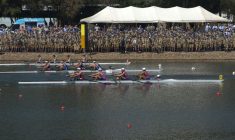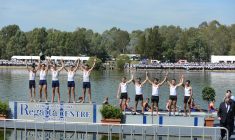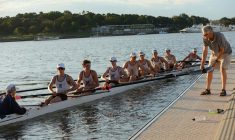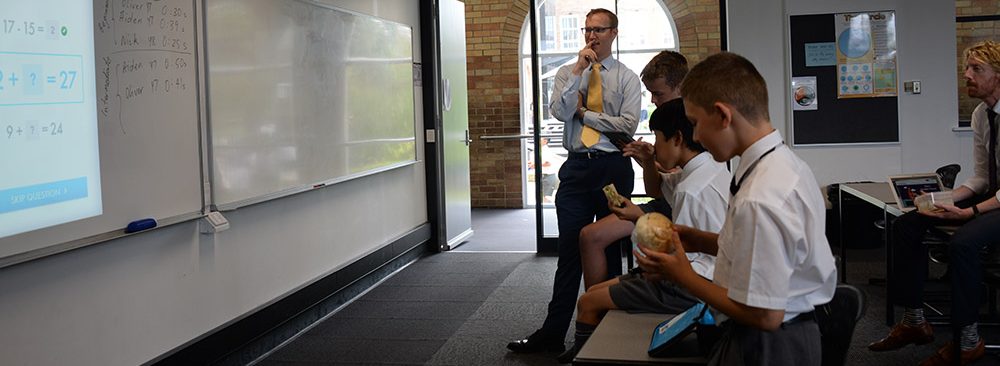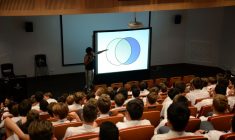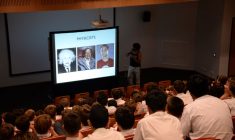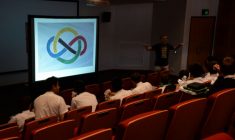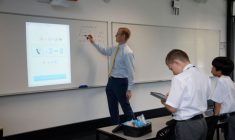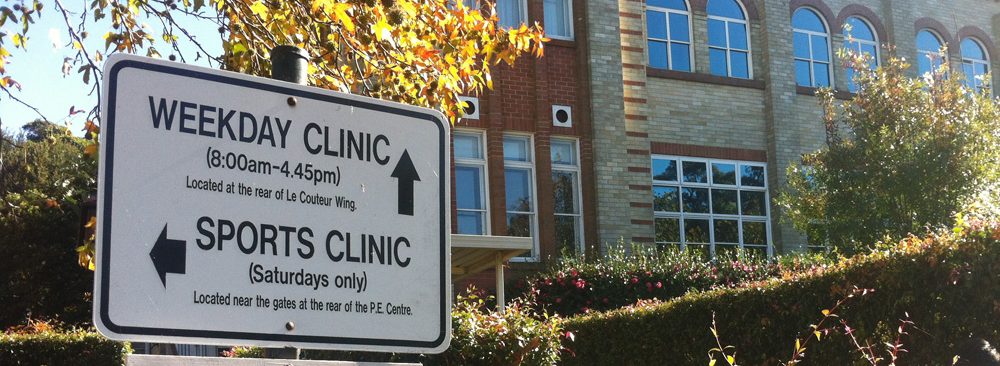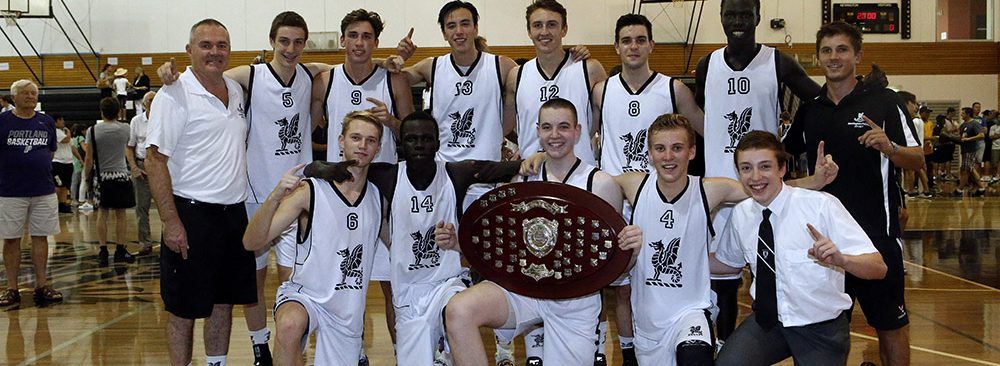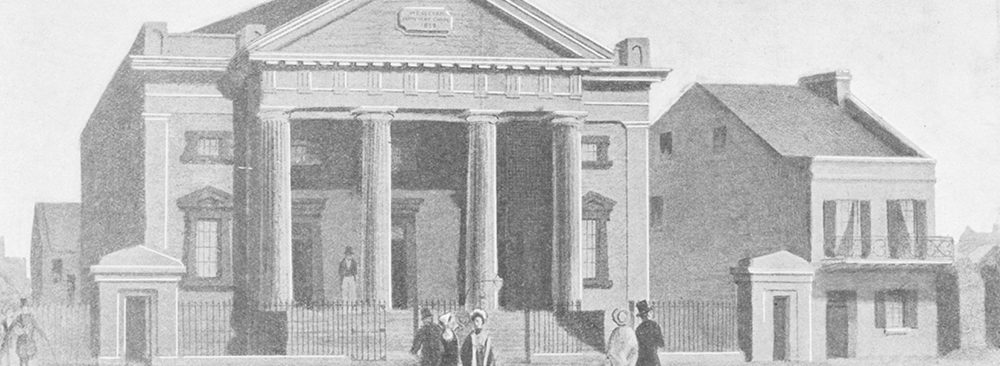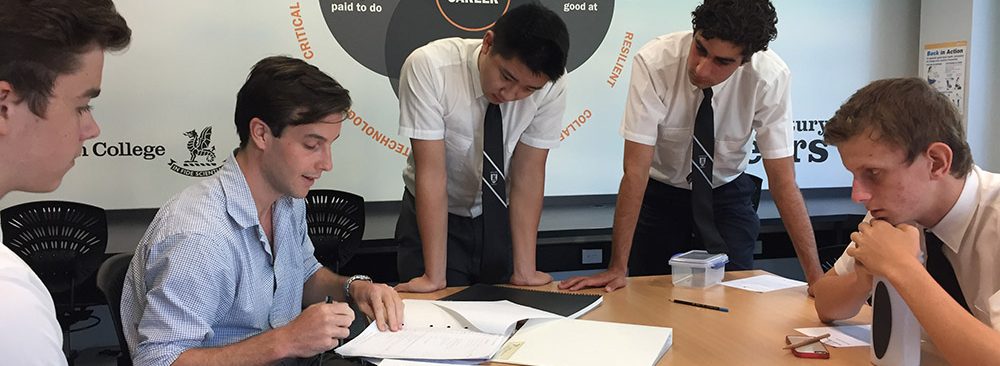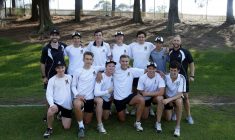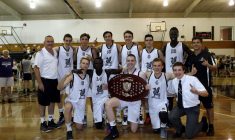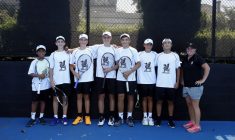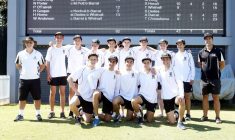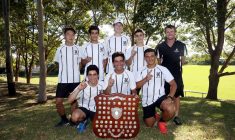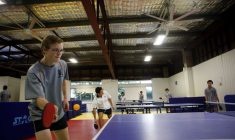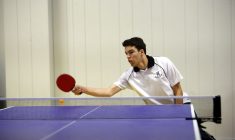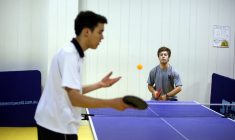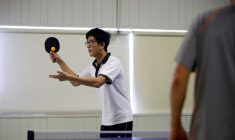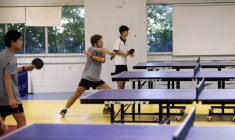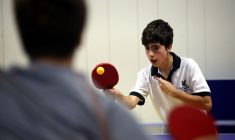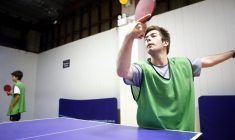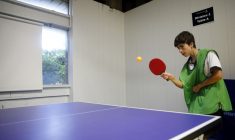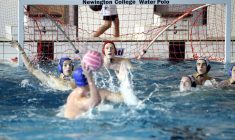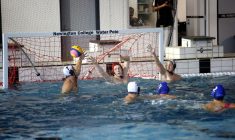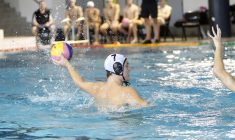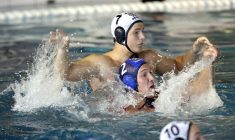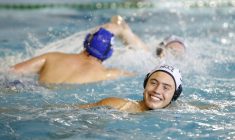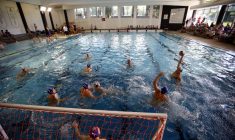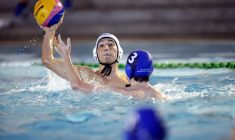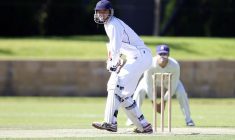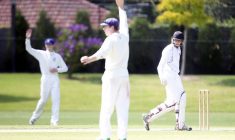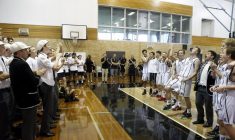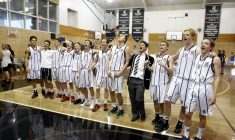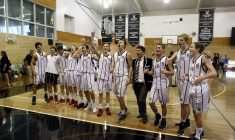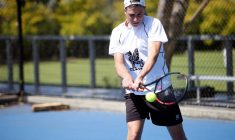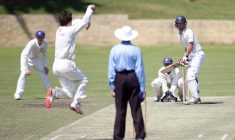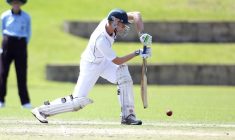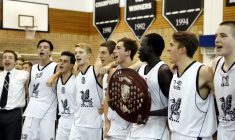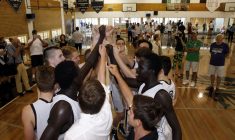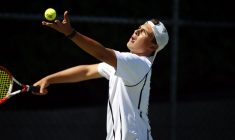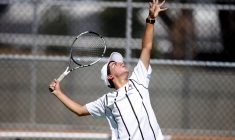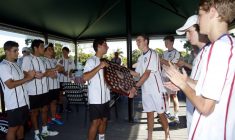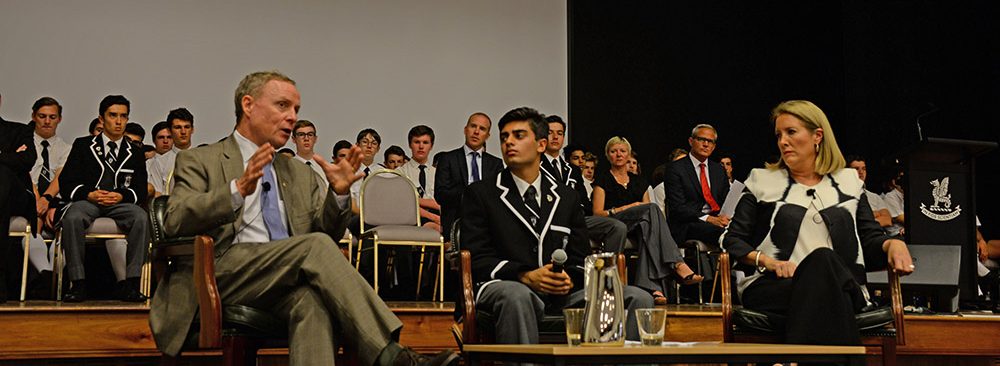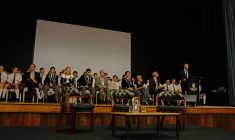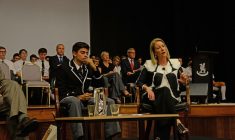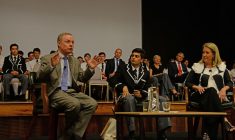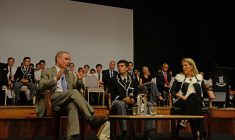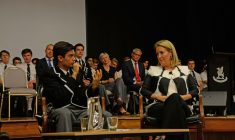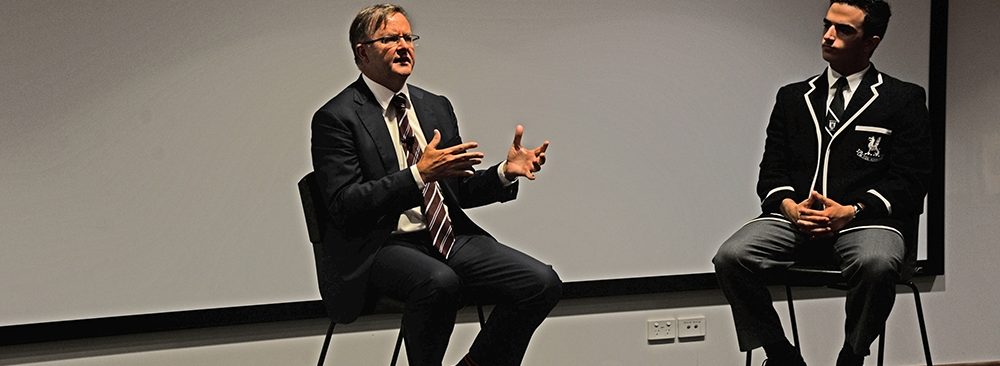Let’s talk about MySchool
I watched with real interest, two weeks ago, when ACARA (The Australian Curriculum, Assessment and Reporting Authority) released its 2016 MySchool website to much media coverage. It draws on the NAPLAN data from 2015, and seeks to give the community insight into what is going on inside schools by showing a snapshot of the data that comes out of them.
NAPLAN first became part of our educational landscape in 2008, when it became the first nation-wide assessment of literacy and numeracy. It gave parents, teachers and students an insight into the reading, writing, spelling, grammar and numeracy skills of students in the odd-numbered academic year groups from three to nine. It based those tests on common skills, areas that would become embedded in the Australian curriculum. For many parents, broad competency based testing changed the conversation they were having about the learning of their son or daughter.
I think the MySchool website launched in 2010 was designed to significantly change that conversation again. It publishes summary information about the performance of students in the NAPLAN tests in every school in the country so that the community at large can take a little peek (or, in my case, a whole lot of little peeks) inside. It uploads snapshots, like galleries, of groups of students at each school, large and small, and (like any decent collage or gallery) pins them so you can compare them.
Everyone can make their own judgement from what the MySchool comparisons say, and can take the conversation it starts whichever way they choose. I am always interested in ACARA’s choices when making comparisons between specific schools, based upon their socioeconomic criteria. They lay snapshots from large independent boys’ schools like Newington beside rural and regional schools, small community schools, comprehensive state high schools and girls’ schools from different sectors. As a teacher I am interested in and intrigued by the patterns of achievement in diverse schools across the country, but sometimes I am less sure how that helps us have conversations about Newington.
I wonder whether the best conversations are about averages of large groups, or are they better when focused on individual student? I wonder whether conversations about rankings help our boys as much those about what they can and can’t do at a point in time. I also wonder about the value in a conversation about what a year group of students did, now almost a year ago, or what they are doing now.
The conversations we are having with boys try to recognise that the skills assessed by NAPLAN are one piece of the puzzle in understanding their performance, they are not the whole picture. They are an important piece for sure, but for us they are still a snapshot—in time.
The picture that we want to talk about is bigger. I’m sort of thinking mural-esque. We want to talk about how our boys can become reflective and critical learners as they move through the College. We want them to ask hard questions of themselves in the classroom, and then work with those around them to act on the answers—knowing this is fundamental in anyone’s success. Those are the goal setting conversations of Mentor meetings.
We want to talk about what it means to be engaged and motivated by the possibilities of what boys can do, or perceptions of their own academic ability. The work of Professor Carol Dweck of Stanford University, argues that people who view intelligence as a quality “that can be developed and expanded”1 want to challenge themselves to increase their ability, even if they fail at first. Significantly, as teachers would recognise from their experience, motivated and resilient students are those who believe they can have an impact upon their mind.2 Fostering this outlook is central to our Positive Psychology program, which works with our boys to understand the role of mindset in their progress.
But more importantly, we want to have conversation about the picture from more than one angle. We want to talk about all the evidence of learning each boy builds across the breadth of his diverse assessment program, in all that he does. We want to talk about learning together in the collaborative environments that characterise today’s Australian workplaces, and the communication skills these environments bring to bear. We want to talk about how all these pieces build academic success in the long run in a school where boys can choose the style and structure in their senior years that best suits them.
In a couple of months our Years 7 and 9 boys will sit the 2016 NAPLAN tests in Centenary Hall, and from it get feedback from ACARA on their literacy and numeracy skills. As always, we will be keen to understand what the results say about these groups and how that information helps us understand better each individual student. We wish them well but will also know that, as students, there will be bigger tests ahead for them to pass.
Mr Trent Driver
Deputy Head of Stanmore – Academic
1Trei, L. (2007). New Study Yields Instructive Results on how Mindset affects learning. Stanford report (http://news.stanford.edu/news/2007/february7/dweck-020707.html)
2Blackwell, L., Trzesniewski, K.H. and Dweck, C.S. (2007). Implicit Theories of Intelligence Predict Achievement across an Adolescent Transition: A Longitudinal Study and an Intervention. Child Development, v78 n1 p246-263 Jan-Feb 2007

